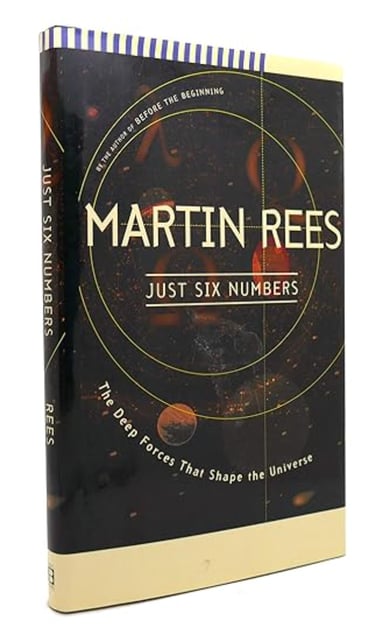
Believing is Seeing
Is the Universe Designed for Life?


You are a person of faith. Everyone is. Whether you realize it, or wish to admit it, your worldview is founded on having faith in things that cannot be seen, proven, or even fully imagined. You may have wondered from time to time where to place your trust: in science or the Bible? It's a life-and-death decision. The purpose of this discussion is to help you make that choice.
The exploration of faith often revolves around three fundamental questions that hold significance for believers and skeptics alike. Firstly, one must ponder whether the Bible is true, considering its historical context and theological implications. Secondly, the effectiveness of prayer invites scrutiny; does it genuinely influence outcomes, or is it merely a form of self-reflection? Lastly, the reality of miracles raises a crucial debate: are they divine interventions or simply wishful thinking stemming from human desire? Additionally, does the Holy Spirit play a role in granting these miracles or in facilitating answered prayers? Each question invites deep reflection and discussion, highlighting the complexities of belief, spirituality, and the human experience in seeking truth beyond empirical evidence.
"Understanding is the reward of faith. Therefore, do not seek to understand in order to believe, but believe that you may understand."
-- AUGUSTINE OF HIPPO
just six numbers


Is the universe designed for life? Meet cosmologist and astrophysicist Sir Martin Rees, Britain’s Astronomer Royal. He’s an Atheist who once declared, “I’ve got no religious beliefs at all.” Sir Martin wrote a positively wonderful book titled Just Six Numbers. In it, he itemizes what I call the six vital signs of the universe.
lambda


Take a close look at one of Sir Martin’s vital signs: lambda (Λ), the cosmological constant. Lambda tells us something about how fast the universe is accelerating outward, like a gigantic inflating balloon of spacetime—an expansion we believe might be driven by a repulsive, omnipresent, invisible fog called dark energy.
the obscurity of large numbers


Your chances of winning the Powerball or Mega Millions lottery are about one in 175 million. The chance of lambda having precisely the value necessary for life—which it does—is one in a trillion trillion trillion trillion trillion trillion trillion trillion trillion trillion.
The Efficacy of Prayer


The efficacy of prayer has long been a subject of fascination and debate. Mark 11:24 captures the essence of believing in the power of prayer, suggesting that faith plays a crucial role in the manifestation of our desires. When individuals approach prayer with sincerity and conviction, they often report experiencing a profound sense of peace and connection, regardless of the outcomes. This mystery lies not only in the requests made but also in the transformative nature of the act itself. As people turn to prayer during moments of uncertainty, it offers them solace and hope, reinforcing their belief in a higher power. Whether seen as a means of divine intervention or a method of self-reflection, the practice of prayer invites exploration into the intricate interplay between faith, intention, and the universe's responses. Ultimately, it encourages individuals to navigate their spiritual journeys with trust and an open heart.
are there truths that cannot be proven?


Does absolute truth exist? According to the New Testament, Pontius Pilate, the first-century Roman governor of Judea, asked Jesus of Nazareth: “What is truth?” Jesus is the human equivalent of God. “The Father and I are one,” Jesus declares in John 10:30. In math, equivalence is much stronger than mere equality. One plus one equals two. But the number three is equivalent to the number three. The two are identical. We designate equivalence with a special symbol: ≡ Thus, according to the Christian worldview, Jesus ≡ God.
